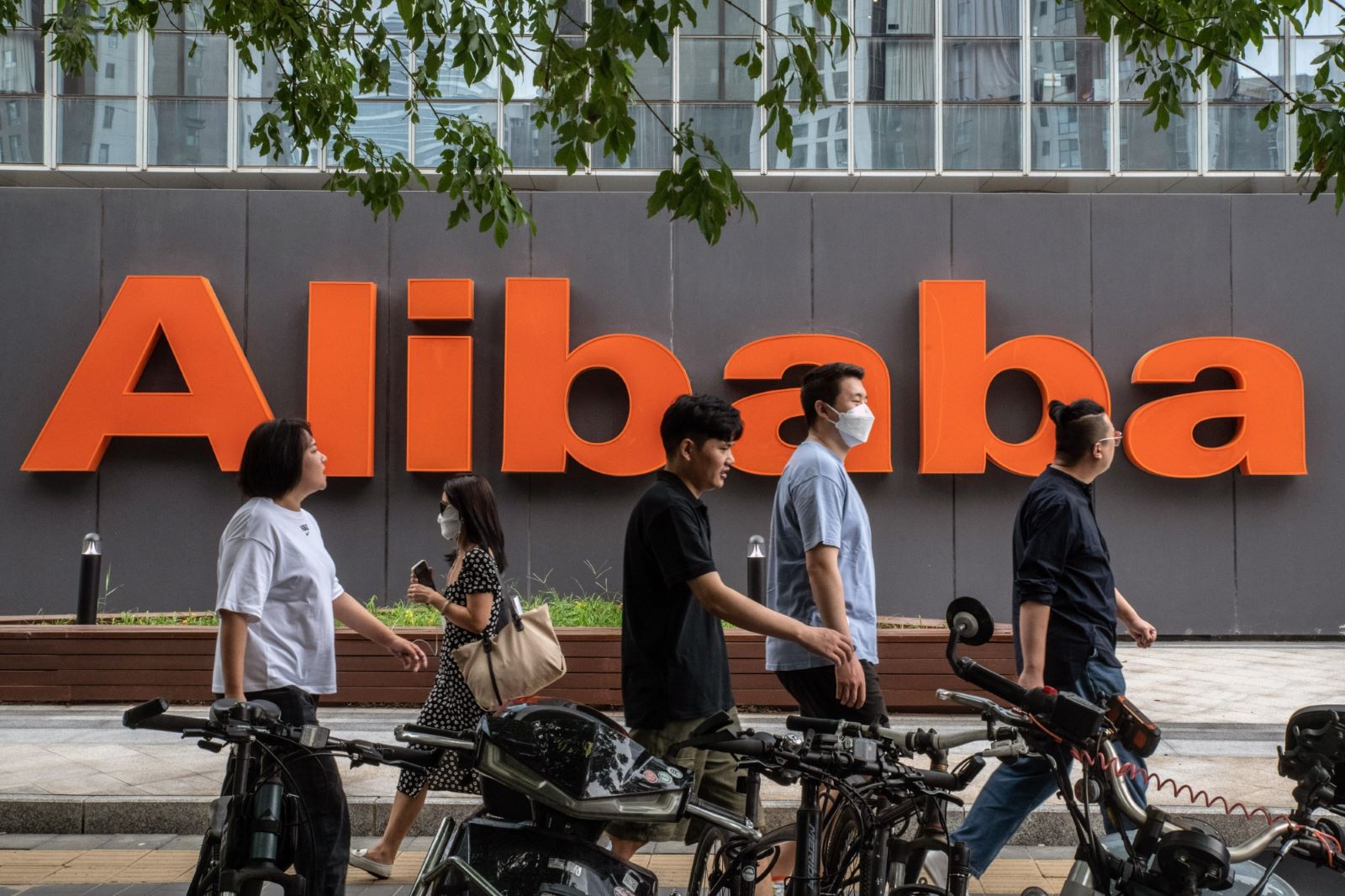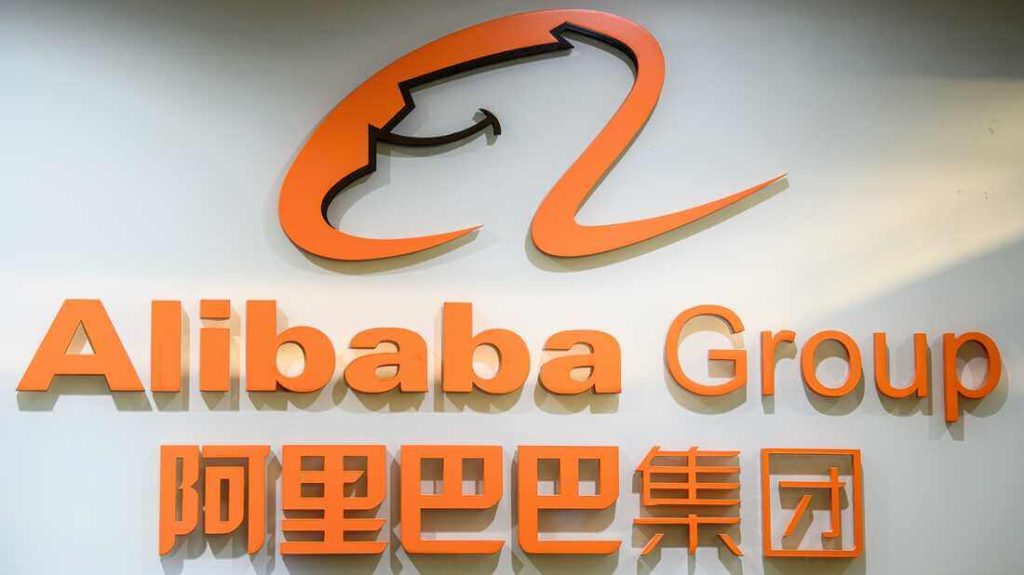Chinese internet giants are engaging in share buybacks at an unprecedented pace, aiming to bolster their market value amidst a significant stock downturn in the world’s second-largest economy.
Alibaba Group (BABA) revealed on Tuesday its repurchase of $12.5 billion worth of shares from the US and Hong Kong markets, amounting to 5.1% of its outstanding shares for the fiscal year ending March 31.
This move marks the largest share repurchase by a Chinese tech company in the past year, with Alibaba spending $4.8 billion on buybacks in the first quarter alone, its second-largest quarterly repurchase ever.
Typically, a share buyback leads to a price increase due to the reduced availability of shares on the market. Despite this, Alibaba’s stock has depreciated by over a quarter in the past year.

Alibaba’s decision aligns with Chinese regulators’ encouragement for listed companies to repurchase shares to stabilize market confidence.
China’s stock markets have been enduring a prolonged decline since their 2021 peaks, witnessing the elimination of more than $4.5 trillion in market value across the Shanghai, Shenzhen, and Hong Kong bourses.
Stephen Innes, managing partner of SPI Asset Management, commented, “Alibaba’s decision signals confidence in the company’s future prospects and demonstrates management’s belief in the underlying value of Alibaba’s shares.”
However, whether this move will provide a long-term boost to the share price hinges on various factors, including broader market conditions, investor sentiment towards Chinese stocks, and Alibaba’s efficacy in executing its growth strategies.
Alibaba has indicated its intention to continue buying back shares, having raised its share buyback plan by an additional $25 billion through March 2027 in February.
The company joins several other Chinese tech firms that have intensified their share buyback activities in the past year. Tencent, for instance, spent a record HK$49 billion ($6.3 billion) repurchasing shares in 2023, surpassing its total expenditure over the past decade.

In response to the surge in buybacks, Chinese companies listed in Hong Kong spent a record HK$126 billion ($16.1 billion) on share repurchases in 2023, with Tencent alone accounting for about 40% of total buybacks in the Hong Kong market.
These efforts are part of Beijing’s broader campaign to address the stock downturn, which has included injecting funds into stocks through the sovereign wealth fund and restructuring the leadership of its securities regulator.
While share buybacks can potentially restore investor confidence by indicating management’s faith in the company’s future and commitment, their effectiveness in reviving global investor sentiment in Chinese stocks may be limited in isolation.






Leave a Reply